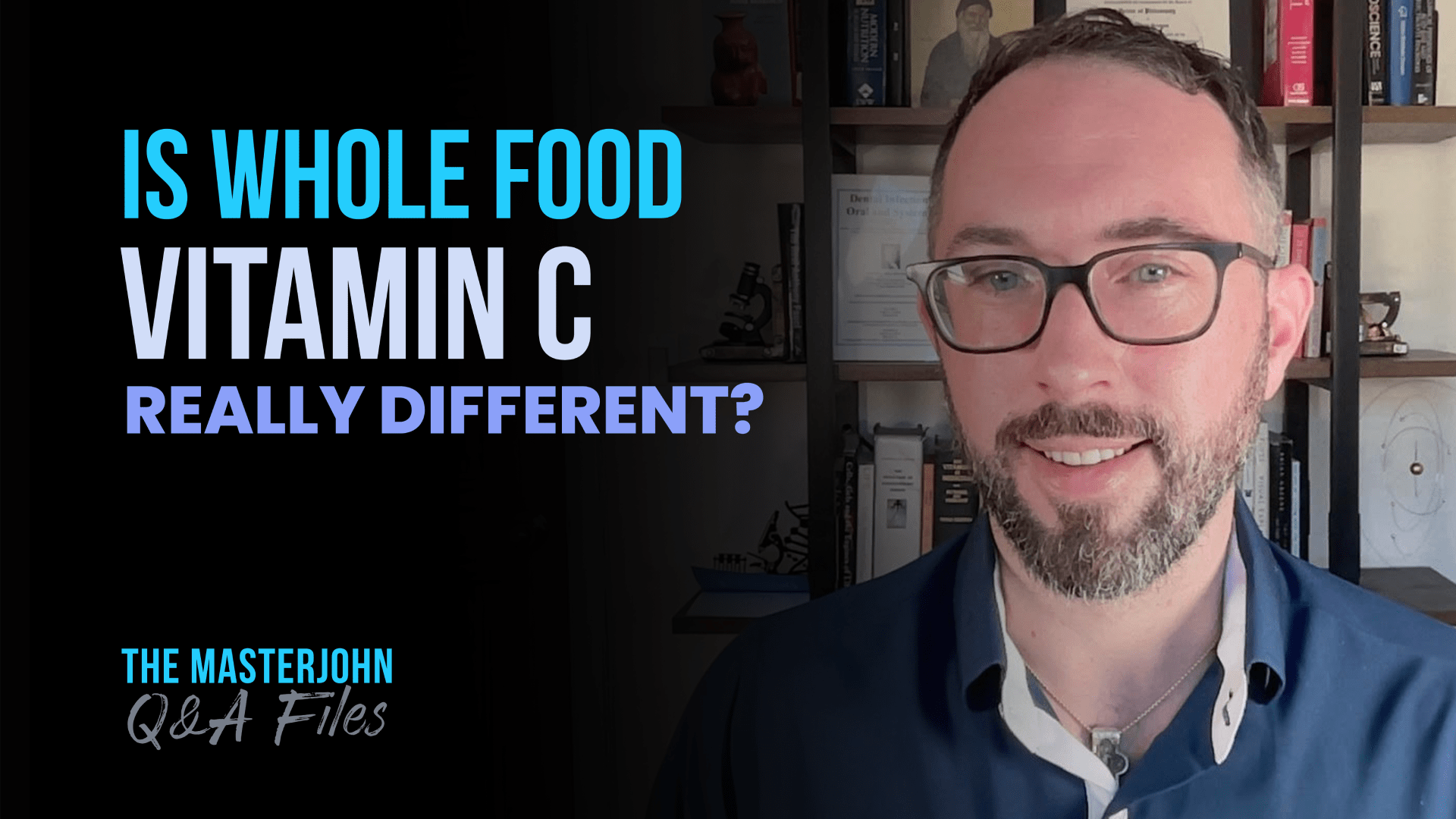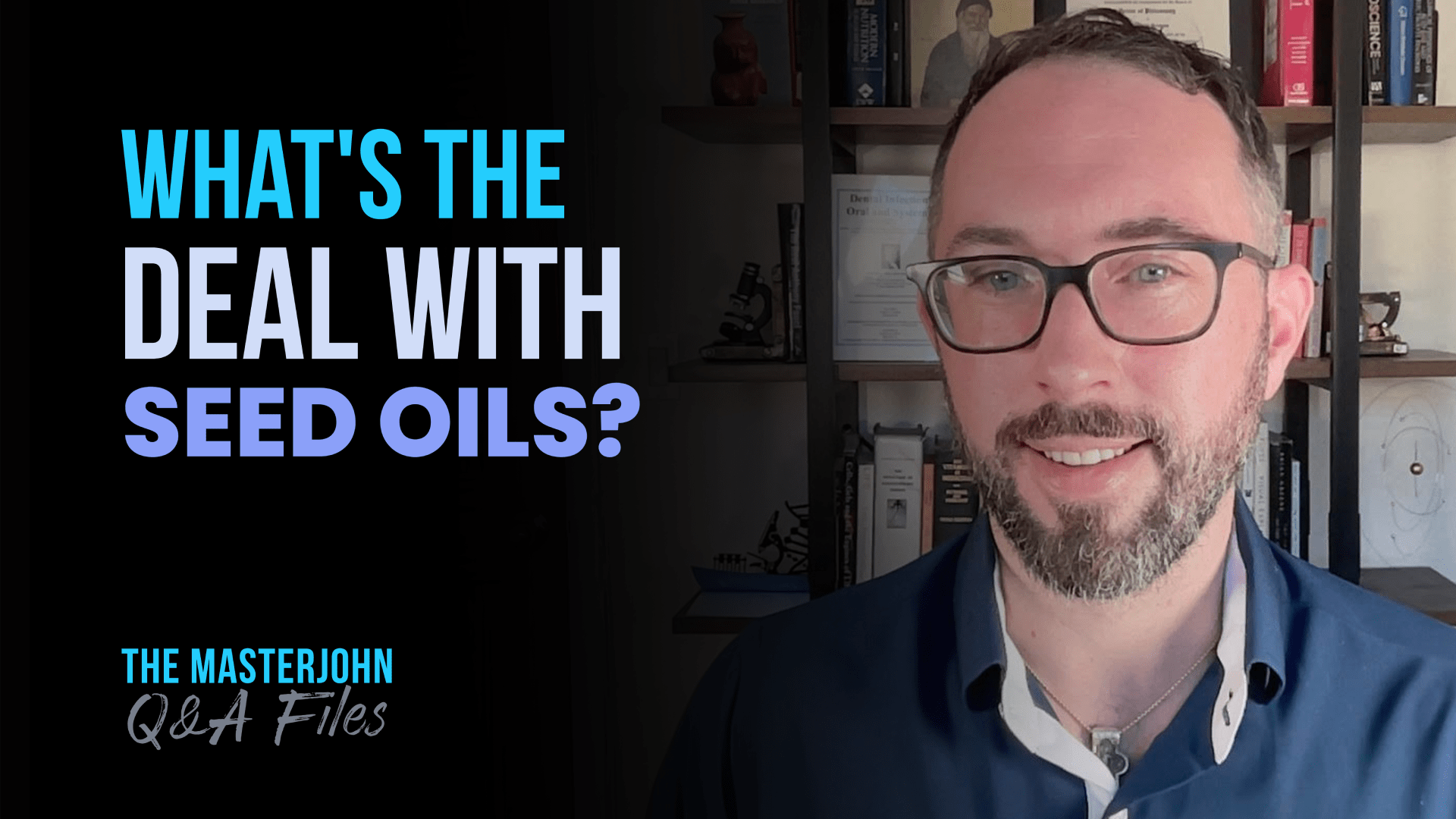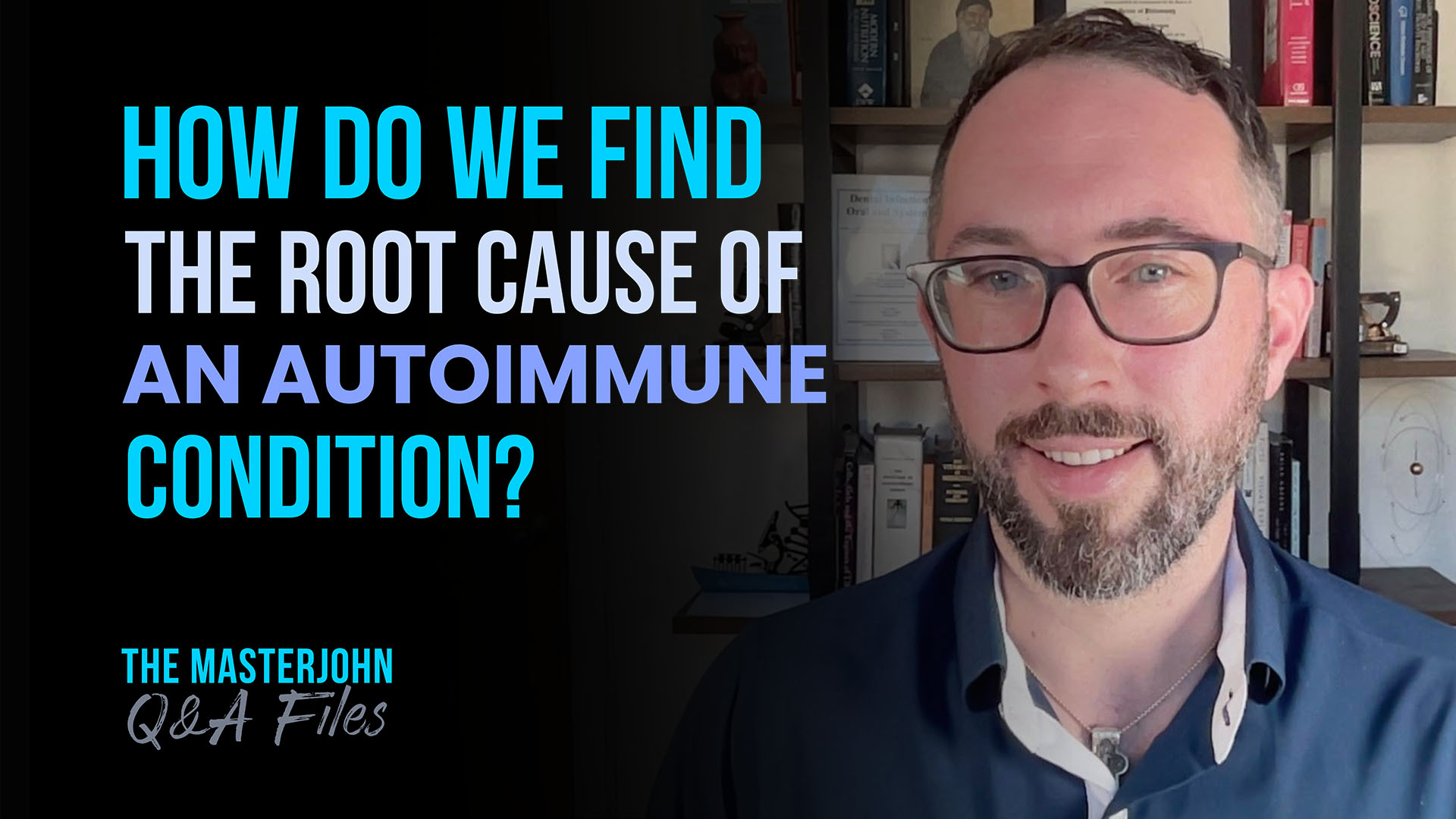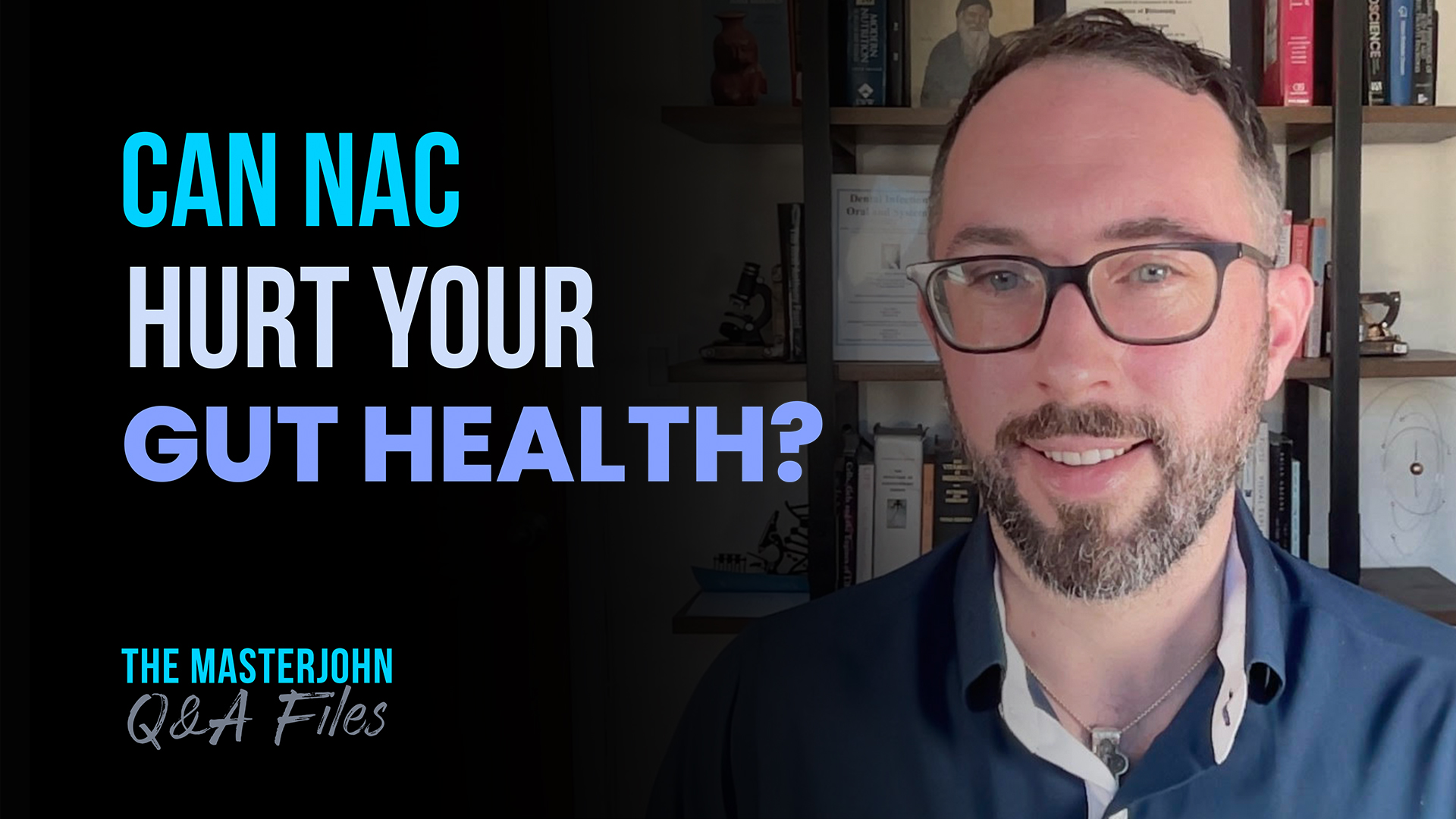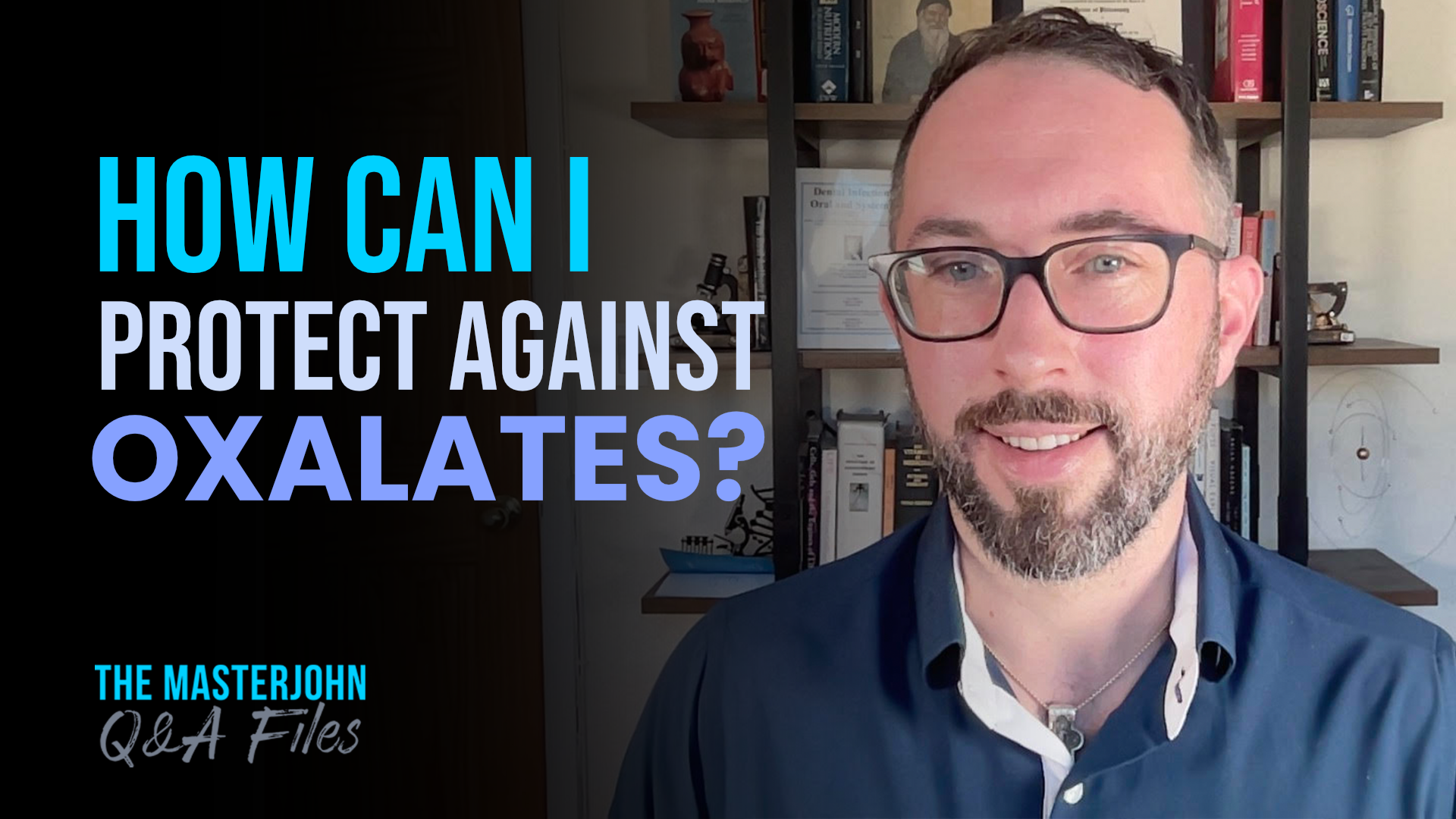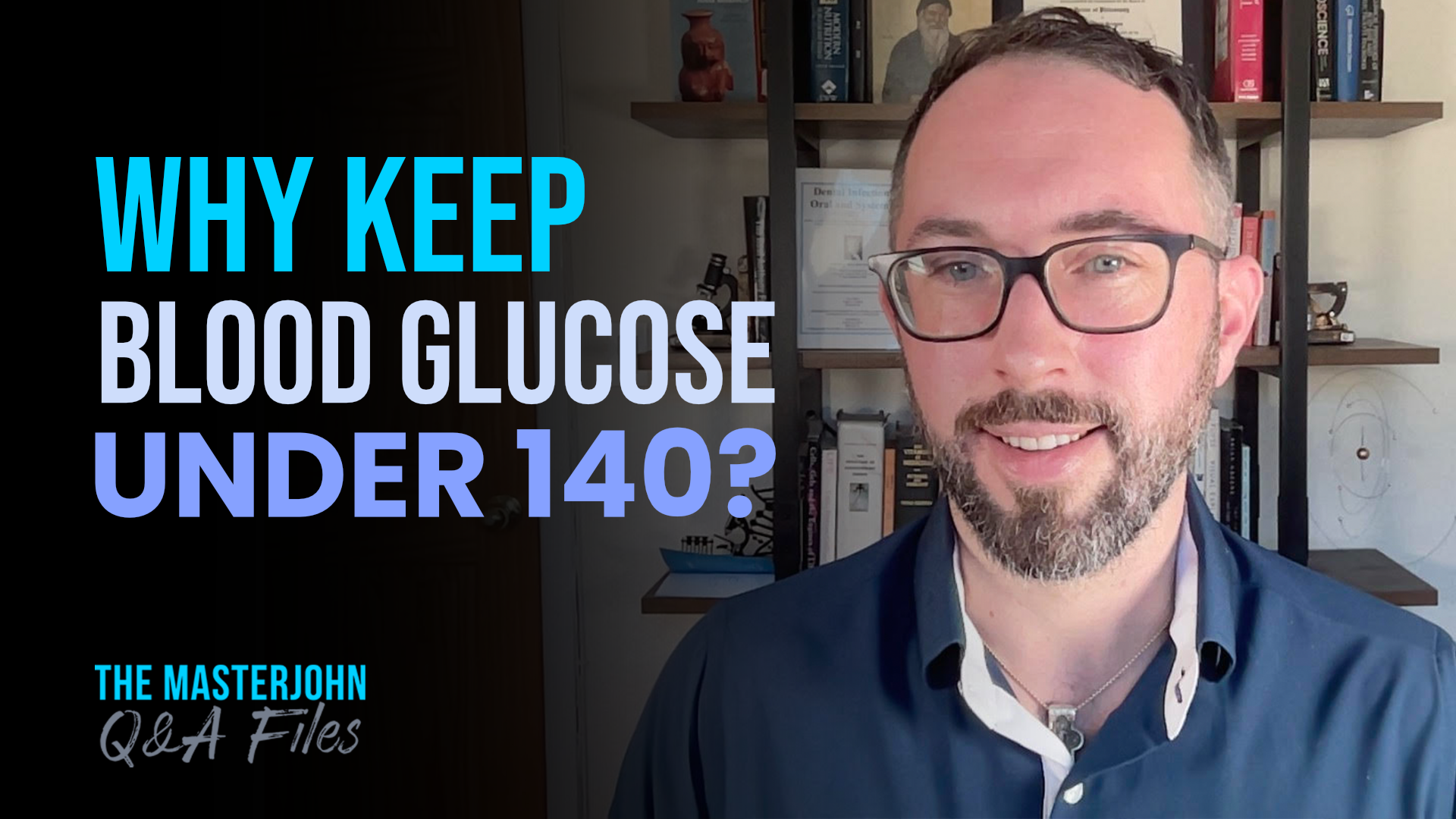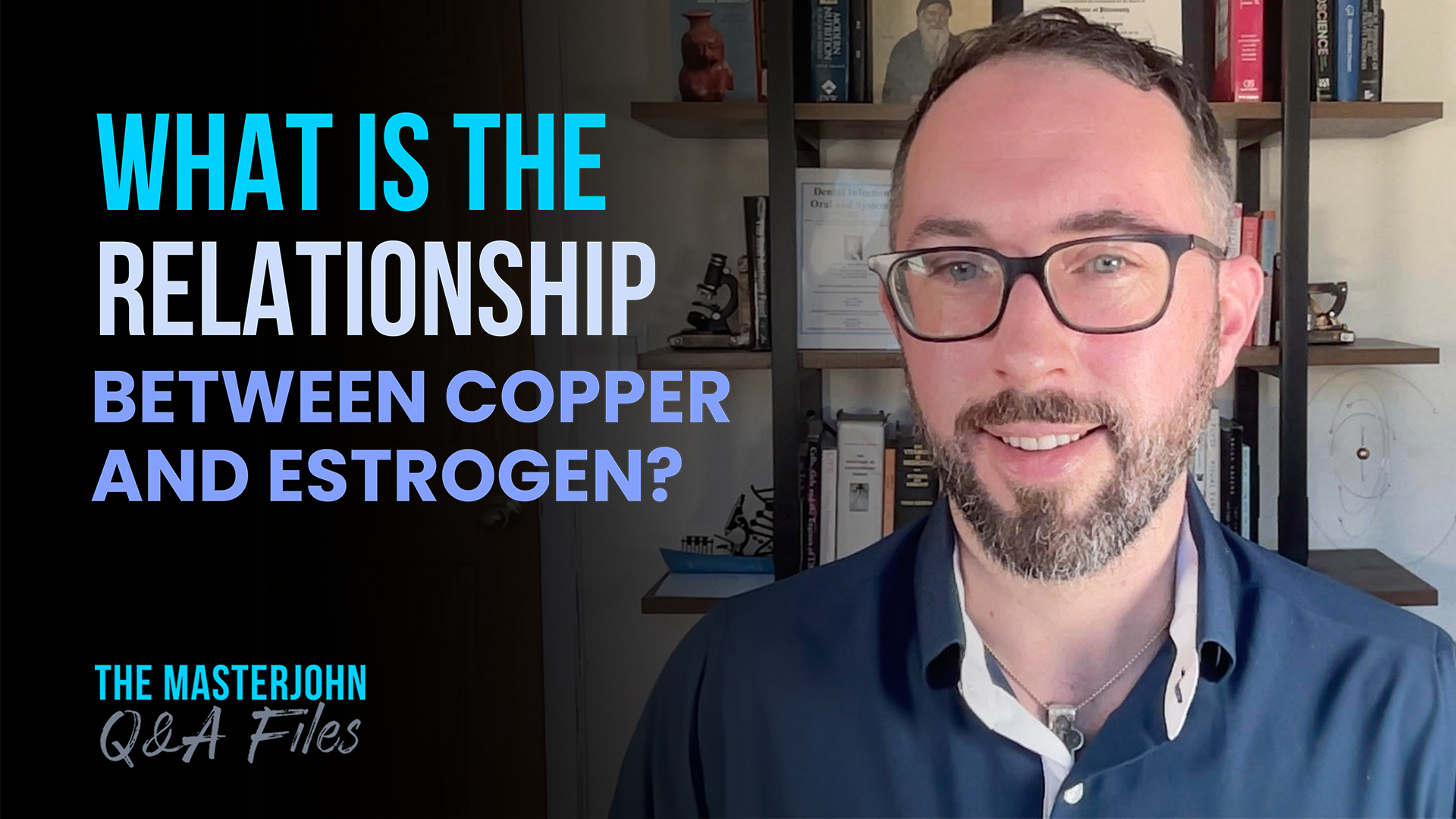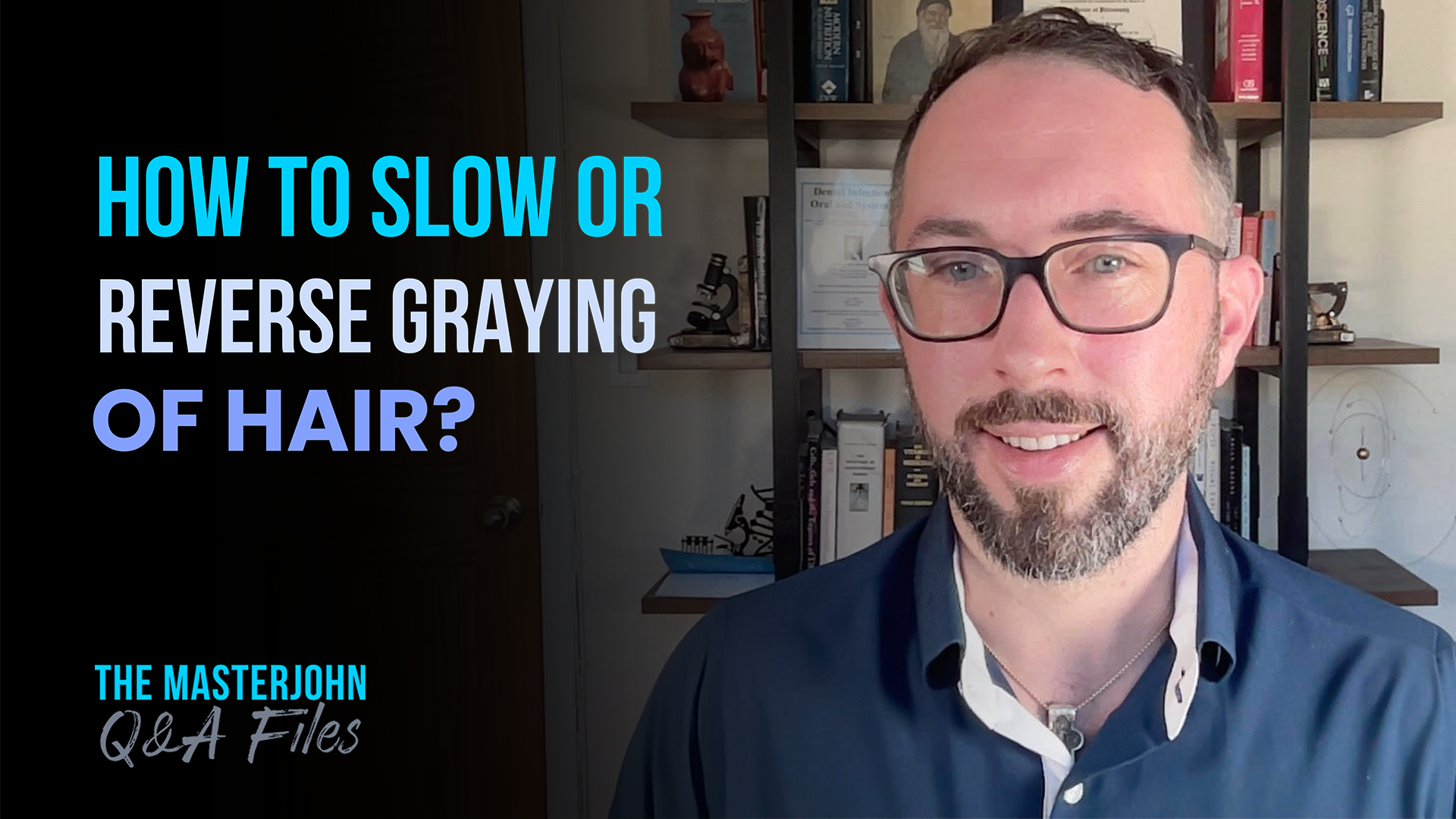Question: Is whole food vitamin C superior to natural because it is part of a tyrosinase complex? Short Answer: Vitamin C is nearly ubiquitously distributed in plant tissues, and is never bound to any enzyme as a structural complex. Vitamin C promotes absorption of iron from plant foods, inhibits copper absorption, and de-loads copper from ceruloplasmin, which …
